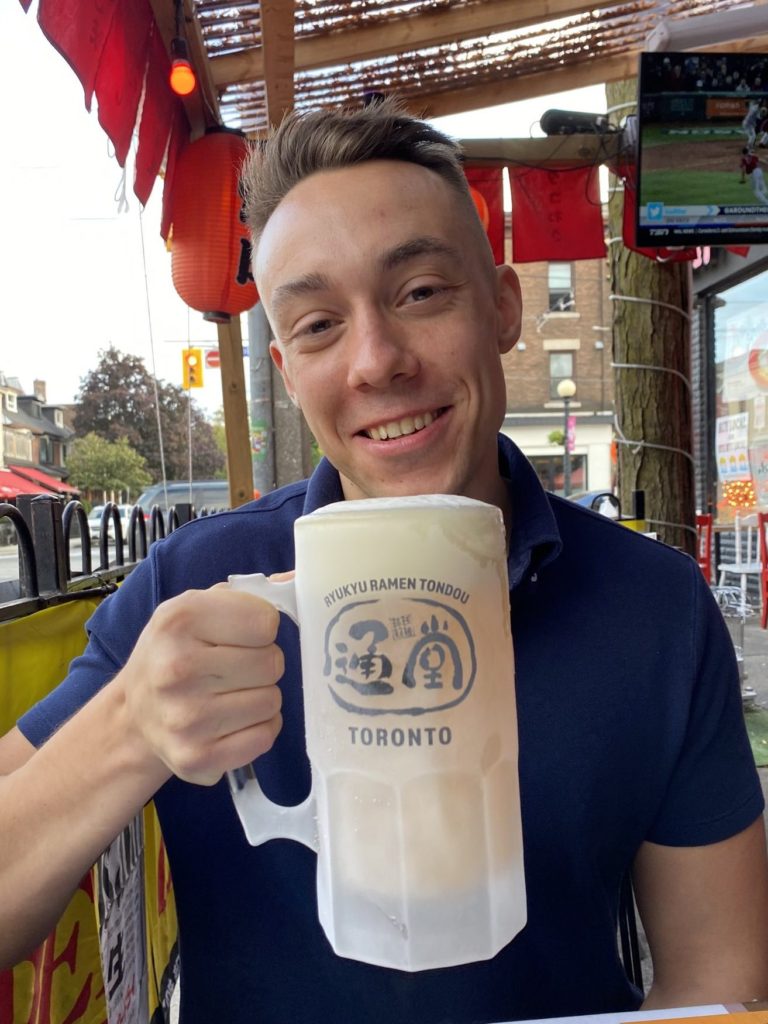
My professional research experiences rely on survey data: either publicly available and nationally representative surveys such as the NLSY; or, original data collection using the CAPI platform Qualtrics, with people being polled in the US and Canada through varied respondent recruitment platforms.
Previously, I have also polled students in focus groups; administered computer-assisted survey interviews (CAPI) in private homes and public places, such as libraries; sourced respondents for Qualtrics surveys using Amazon Mechanical Turk; executed a conjoint experiment for a large-scale neighbourhood survey in the Greater Toronto Area; and digitally surveyed thousands of undergraduate students at the University of Toronto. I enjoy meeting people and hearing their stories, and surveys are a great way to look at both their position and social contexts.
I also enjoy computational social science and ‘science of science’ projects. For a recent project, we used Python in a Jupyter notebook to scrape and download articles to extract and trace citations to quantify an author’s contribution and network impact for a semi-automated literature review. I find programming quite challenging, but when it works (if it does) it is always worth seeking Clarke’s Third Law in action: it can remarkably compress hours of otherwise mundane tasks into a plain text file.
I am a proponent of Open Science. From where I stand, I feel strongly that making replication packages available on hosted repositories, alongside the author’s personal copy of the manuscript (or published article, if it is in an open-access journal) are important to maintaining public trust in science. Doing good work is hard, and having other people look at and comment on all stages of the research process — when data can be appropriately anonymized for public release, if possible — helps this process alongside robust journal and inter-departmental peer-review communities. Expertise is challenging to communicate to others, but the opportunities we provide by making data, code examples, results, and analyses, available is one way to promote interdisciplinary work (as people may run analyses outside of professional capacities) and present disciplinary research conventions (Borges’ Garden of Forking Paths—indeed), particularly for early career researchers.